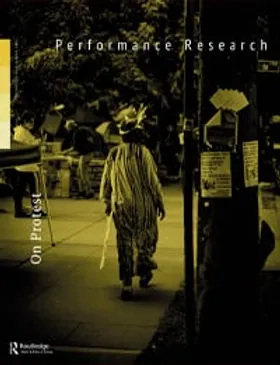Trans without homes
A room of their own
Transsexual and transgender homeless say they’re being turned away from sex-specific shelters
by MATT JONES
October 14, 2010
“A
disproportionate amount of trans people need shelters, but the real
problem is that a disproportionate amount of trans people that need
shelters can’t access them. They can’t get in, they’re turned
away, they’re put back out on the street,” says ASTT(e)Q’s
Jackson Ezra.
That’s
particularly problematic for a community that finds itself kicked
around a lot. “Trans people get kicked out of their homes and
turned away from their families and loved ones and communities.
They’re often unable to find employment, they’re criminalized as
sex workers, they’re targeted by police and they’re
overrepresented in prisons,” says ASTT(e)Q’s Jackson Ezra.
In places like
Toronto, Ezra says, city-wide standards ensure that shelters accept
people based on how they identify themselves. Not so in Montreal, so
those who find themselves on the streets here have to rely on the
goodwill of shelter staff to know what to do with them. Too often,
the easiest way is to kick them out.
“They’re living
their life as a woman, but their ID has a male name, so they’re
turned away. Or they’re turned away because they don’t have any
identification at all, or they don’t have status here or because
the staff at the shelters are just confused by the person’s
appearance,” he says.
ASTT(e)Q’s
emergency fund provides enough to put someone up in a hotel for a
couple of nights or find them short-term shelter. Ezra sees this as
part of a holistic program of support that’s not just about handing
out condoms and lube, but about being there for people going through
difficult times. That can mean accompanying someone to an appointment
with an endocrinologist or helping file a police brutality complaint
or showing people how to navigate the healthcare and social services
bureaucracies.
Meanwhile, ASTT(e)Q
is also working to change the attitudes of people who provide social
services, with a series of workshops they give to doctors and
frontline workers at community organizations.
“We try to make
people see the barriers to access that trans people face every day,”
says Ezra. “Once we make the barriers visible, people start to come
to a realization that trans people need access also. Like, you go to
the doctor, trying to access hormones, you get turned away. Then what
do you do? You go buy hormones from the street.”
The
group is throwing a
fundraiser for the
Emergency Housing Fund this
Saturday. We Live
Here! takes place
October 16 at 9
p.m. at Café Cléopatra
(1230 St-Laurent, 2nd
floor) and features trans
performances all night from
poetry readings to movie
screenings to drag shows..
Tickets are $5-10. See
cactusmontreal.org/en/astteq.html
for details.
Montreal Mirror October 14, 2011 (this is the unedited text)



Comments
Post a Comment